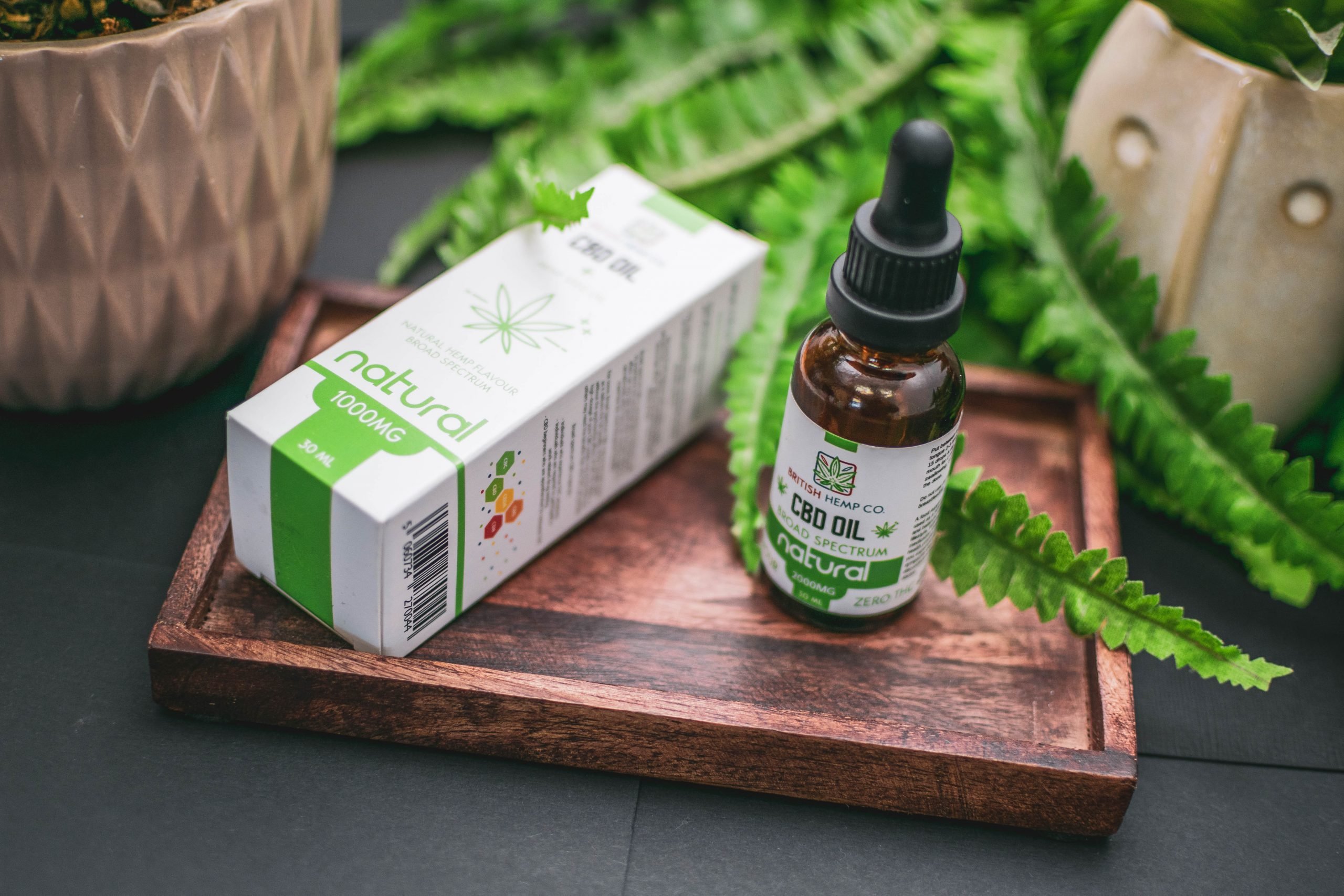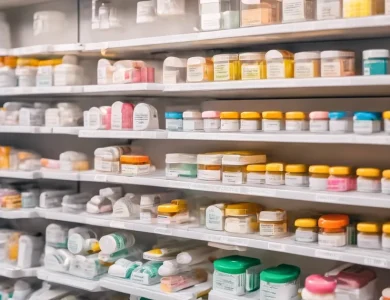The landscape of CBD (cannabidiol) in the UK has evolved significantly over the past few years, reflecting the global trend toward the acceptance and use of cannabis-derived products for medicinal and wellness purposes. With its growing popularity, understanding the legal framework surrounding CBD in the UK is crucial for consumers, businesses, and healthcare professionals alike. This comprehensive guide delves into the legal status of CBD UK, including regulations governing its production, sale, and use.
What is CBD?
CBD is one of over 100 cannabinoids found in the cannabis plant. Unlike THC (tetrahydrocannabinol), the psychoactive compound responsible for the “high” associated with marijuana, CBD is non-psychoactive. This means that CBD does not produce a euphoric effect, making it an attractive option for those seeking relief from conditions such as anxiety, pain, and inflammation without the mind-altering effects of marijuana.
The Legal Status of CBD in the UK
As of 2024, CBD is legal in the UK, but with several important caveats. The legality of CBD products is determined by their source, THC content, and the intended use of the product.
Source of CBD
CBD can be derived from both hemp and marijuana plants, which are different varieties of the cannabis plant. In the UK, the legal distinction between these two sources is crucial.
- Hemp-Derived CBD: Hemp is a variety of cannabis that contains low levels of THC (usually below 0.2%). Hemp-derived CBD products are legal in the UK, provided they meet certain criteria.
- Marijuana-Derived CBD: Marijuana, on the other hand, is a cannabis variety with higher THC content. In the UK, marijuana is classified as a controlled substance under the Misuse of Drugs Act 1971. Therefore, CBD products derived from marijuana are illegal unless they are prescribed by a doctor for medical use.
THC Content
The THC content of CBD products is a major factor in determining their legality in the UK. According to UK law, CBD products must contain no more than 1 mg of THC per product, regardless of the size or weight of the product. This strict limit applies to all forms of CBD, including oils, capsules, edibles, and topicals.
The presence of THC, even in trace amounts, can render a product illegal if it exceeds the 1 mg threshold. Therefore, companies producing and selling CBD products in the UK must ensure that their products are thoroughly tested to confirm they comply with this legal requirement.
Novel Food Regulations
In addition to the Misuse of Drugs Act, CBD products in the UK are also subject to regulations under the Novel Food Regulation, as defined by the European Union and subsequently adopted by the UK following Brexit.
What is a Novel Food?
A novel food is defined as a food that was not consumed to a significant degree by humans in the EU before 15 May 1997. Because CBD was not widely used before this date, it is classified as a novel food.
Novel Food Applications
To legally sell CBD-infused food and drink products in the UK, companies must submit a Novel Food Application to the Food Standards Agency (FSA). This application must include detailed information about the product’s safety, production process, and potential health effects. Only products that have been granted authorization by the FSA can be legally marketed as food or dietary supplements in the UK.
- 2021 Deadline: The FSA set a deadline of 31 March 2021 for companies to submit their Novel Food Applications. Products that were on the market before this date could continue to be sold while their applications were under review. However, new CBD products introduced after this deadline must have full FSA approval before being sold.
Medical Use of CBD
The medical use of CBD is governed by a different set of regulations in the UK. In 2018, the UK government reclassified cannabis-based products for medicinal use, allowing doctors to prescribe them under certain circumstances.
Prescription of CBD Products
- CBD Isolate: Pure CBD products (those containing no THC) can be prescribed by doctors in the UK, particularly for conditions such as epilepsy, multiple sclerosis, and severe chronic pain.
- Full-Spectrum and Broad-Spectrum CBD: These products contain other cannabinoids and terpenes in addition to CBD, and may include trace amounts of THC. They can also be prescribed by a doctor, but their use is more tightly controlled due to the presence of THC.
Regulatory Bodies
- MHRA: The Medicines and Healthcare products Regulatory Agency (MHRA) is responsible for overseeing the safety and efficacy of medicinal products in the UK. Any CBD product that is marketed as having therapeutic benefits must be licensed by the MHRA.
- NHS: In some cases, CBD products may be prescribed through the National Health Service (NHS), although this is typically reserved for severe or treatment-resistant conditions.
Clinical Trials and Research
The UK has seen a growing interest in the research and clinical trials involving CBD, particularly in the areas of pain management, mental health, and neurodegenerative diseases. However, the use of CBD in these contexts is still under investigation, and more research is needed to fully understand its therapeutic potential and long-term effects.
Regulations for Selling CBD in the UK
If you’re looking to sell CBD products in the UK, there are several regulations you must adhere to in order to ensure compliance with the law.
Product Labeling and Advertising
CBD products must be accurately labeled and cannot make unsubstantiated health claims. According to the Advertising Standards Authority (ASA) and the Committee of Advertising Practice (CAP), any claims about the benefits of CBD must be supported by robust scientific evidence.
- Labeling Requirements: Labels must include information about the CBD content, THC content, and whether the product is full-spectrum, broad-spectrum, or a CBD isolate. Additionally, labels should provide clear instructions for use and any necessary health warnings.
- Health Claims: Making medical claims about CBD products (e.g., stating that they can cure or treat specific health conditions) without MHRA approval is illegal. Claims should be limited to general wellness benefits, unless supported by clinical evidence.
Quality Control and Testing
To comply with UK law, CBD products must undergo rigorous testing to ensure they meet safety and quality standards. This includes testing for:
- CBD Content: Ensuring the product contains the amount of CBD advertised on the label.
- THC Content: Confirming that the product contains less than 1 mg of THC per container.
- Contaminants: Checking for the presence of harmful substances such as heavy metals, pesticides, and solvents.
Companies are encouraged to use third-party laboratories for independent testing and to provide Certificates of Analysis (COAs) to consumers as proof of compliance.
Importing and Exporting CBD
Importing and exporting CBD products in and out of the UK is subject to additional regulations. Businesses must ensure that their products comply with the legal requirements of both the UK and the destination country.
Import Regulations
- Licensing: Importing CBD products into the UK requires a Home Office license if the product contains any THC. Hemp-derived CBD products with no THC are generally exempt from this requirement.
- Documentation: Importers must provide detailed documentation proving that the product meets UK legal standards, including testing certificates and proof of origin.
Export Regulations
- Compliance with Destination Country: When exporting CBD from the UK, businesses must ensure that their products comply with the legal requirements of the destination country. This may include obtaining export licenses and providing detailed product information.
- EU Regulations: Post-Brexit, UK businesses exporting CBD to EU countries must adhere to both UK and EU regulations, which may differ significantly.
The Future of CBD Regulation in the UK
As the CBD industry continues to grow, so too will the regulations governing it. The UK government and regulatory bodies are likely to introduce more stringent rules in the coming years, particularly in areas such as product safety, advertising, and novel foods.
Potential Changes to THC Limits
There has been ongoing debate about the legal THC limit in CBD products. Some industry experts advocate for an increase in the allowable THC content to align with other countries, such as the USA and Canada, where higher limits are permitted. However, any such changes would require significant legislative amendments and are unlikely to happen in the immediate future.
Increased Enforcement of Novel Food Regulations
As the FSA continues to review Novel Food Applications, it is expected that enforcement of these regulations will become stricter. Companies that fail to obtain the necessary approvals or comply with safety standards may face legal action, including fines and product recalls.
Expansion of Medical Use
The medical use of CBD UK is likely to expand as more clinical research is conducted. This could lead to wider availability of CBD-based medicines through the NHS and increased acceptance of cannabis-derived treatments.
Conclusion
The legal status and regulation of CBD in the UK is complex and multifaceted. While CBD is legal, strict regulations govern its production, sale, and use, particularly concerning THC content and novel food status. As the industry continues to evolve, businesses and consumers must stay informed about the latest legal developments to ensure compliance and make informed choices about CBD products. Whether you’re considering using CBD for personal wellness or exploring business opportunities in the market, understanding these legal nuances is essential for navigating the UK’s CBD landscape.




